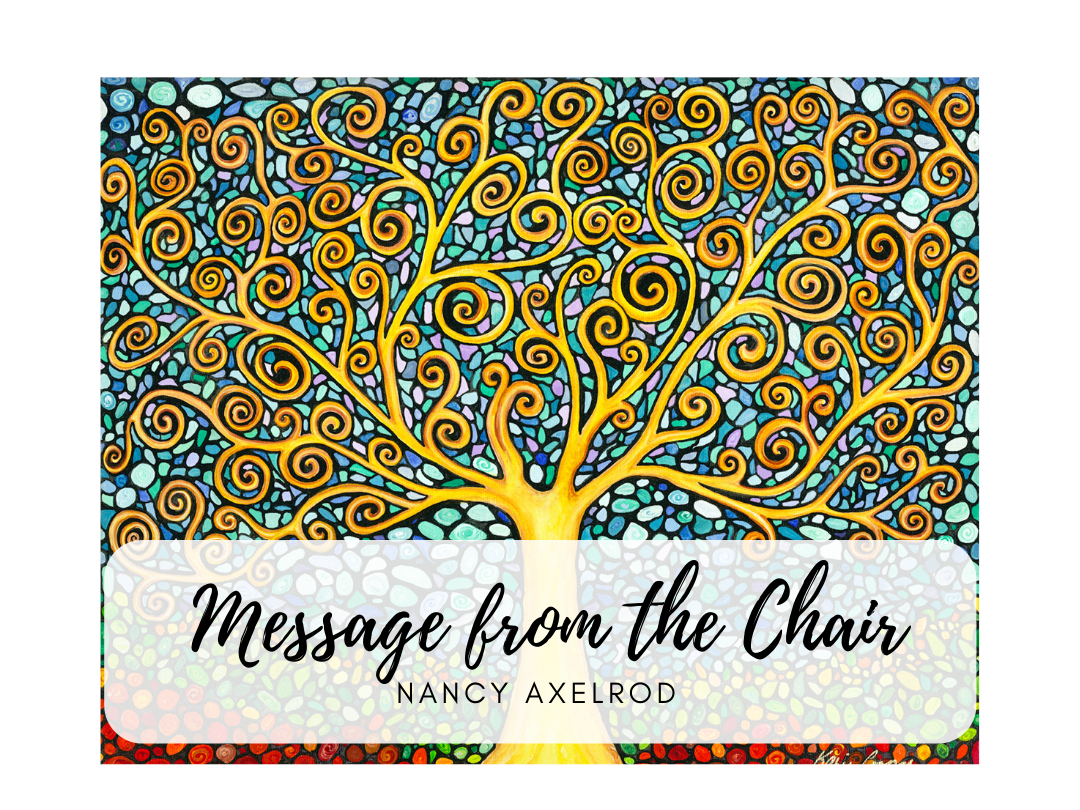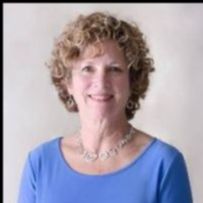Breath. Will we ever again take breath for granted? After a vicious new virus has targeted the lungs and robbed so many of their life-sustaining breath? After the whole world watched 8 minutes and 46 seconds of George Floyd pleading “I Can’t Breathe” as police officers choked the life out of his body?
What wisdom can Mussar shed on this?
This week in Rabbi Stone’s class on Kabbalistic text Nefesh Ha-Hayyim, we noticed the deep resonance of what we are studying with our national reckoning around breath. The Creation story in the Torah culminates in God breathing the breath of life – nishmat hayyim – into the nostrils of the human being. We are all interconnected through that breath. As one of our students, Lisa Orlick remarked, “All breaths that ever were or will be are within all of us. What happened to George Floyd…there’s a part of all of us that can’t breathe.”
This interdependence extends as well to the earth and other living creatures. Student Debra Cohn pointed out that “We can’t breathe without the rest of creation breathing as well — the plants, the trees, etc. — which we are destroying.” Rabbi Stone observed that “’I can’t breathe’ calls to mind Abel’s death – Your brother’s blood calls out to me from the earth (Gen. 4:10). Maybe the earth is calling out now that it can’t breathe.” The Torah commentary Etz Hayim teaches that the Hebrew word for “blood” is plural because not only has Cain killed Abel, but all of Abel’s future descendants, as well as “something in the souls of the survivors as well.”
Our Mussar toolkit offers ways that our breath can help us tap into this interconnectedness, and to maintain the equanimity to serve others even amidst a time of great stress. Madricha Carol Daniels, our resident expert on breath-work and meditation, teaches that “while we breathe 17,000 – 30,000 times a day, the only time people pay attention to their breath is when they fear losing it. We don’t pay attention to the gratitude we have for breathing which gives us our attachment to the source of life.”
Focusing on the breath can be a form of meditation allowing us to shift focus from self to other.
Breath is also an interruptive mitzvah because it can prepare us to act in service of the other, allowing us to pause, breathe and take a moment of reflection to ask – how is what I am about to do or say in service of the other?
Carol uses beautiful imagery with the following meditation on breath:
Imagine that every breath you take, every complete cycle, is like taking a sip, a drink from god’s fountain. All you need is in that breath. Hold that image and at the same time place your left hand over your heart and right hand over your left with thumbs touching, like the spread of an eagle’s wings. Think about this breath as a gift from god, providing you with all the nourishment you need to get through the rest of the day. Receive this gift. Enjoy your breath.
I invite you to join us to study together on Thursday at 1:00 pm ET for Rabbi Stone’s Nefesh HaHayyim class, or at 7:00 pm ET on Sundays for a va’ad (open to advanced students and graduates) with Dr. Beulah Trey in which we join together to practice Mussar. Feel free to drop in to these classes; no commitment is necessary. It is our gift to you during these challenging times.
B’shalom,
Nancy
If you’d like to join Rabbi Stones’ Shiur, every Thursday. 1:00- 2:00 pm EST please register here.
If you’d like to join the Graduate Vaad, every Sunday, 7:00 – 8:30 pm EST please register here.
Nancy Axelrod
CCM Board of Directors & Madricha


